Listen hard enough and even a road sign has a story to tell. Like the one about Tirthraj Thapa, a rifleman in the Royal Gurkha Rifles who, in 2010, was on patrol in Afghanistan when he stood on an IED. It blew his left leg off.
He was immediately evacuated to Camp Bastion for emergency treatment from where, the following day, he was flown to a UK military hospital. He was in intensive care for three weeks. He was then moved to Headley Court, the military rehabilitation centre near Leatherhead in Surrey, where he remained for two years, recovering from his injuries and learning to walk using a prosthetic leg.
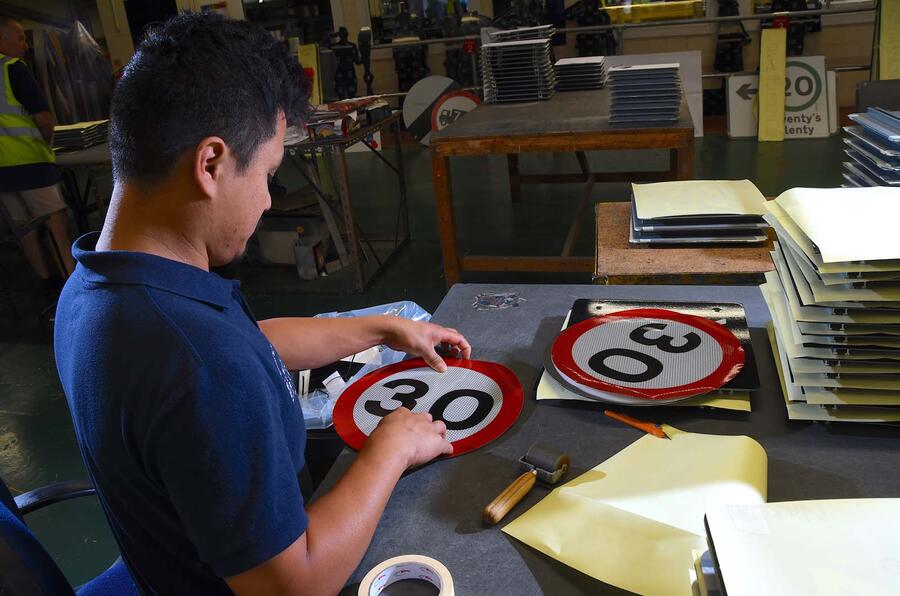
Eight years after he stepped on that roadside bomb, Tirthraj, 33, smiles as he describes his life today. Married with two children, he loves driving his car to visit friends and family and is a keen golfer. He doesn’t forget – “It was tough. I suffered terrible phantom pain” – but he has learned to manage the past and focus on the future, one made possible by, of all things, road signs.
Along with more than 70 veterans of the armed forces, Tirthraj works in Royal British Legion Industries’ factory in Aylesford, Kent. He’s part of a team responsible for assembling many of the major road signs familiar to drivers in England and Wales (a new factory serving Scotland is about to open near Glasgow).
RBLI is a national charity that helps former service personnel integrate. Each year alone, 900 wounded or injured servicemen and women leave the armed forces. Unfortunately, many find the door to employment closed. RBLI supports them with work and skills training and the results are impressive.
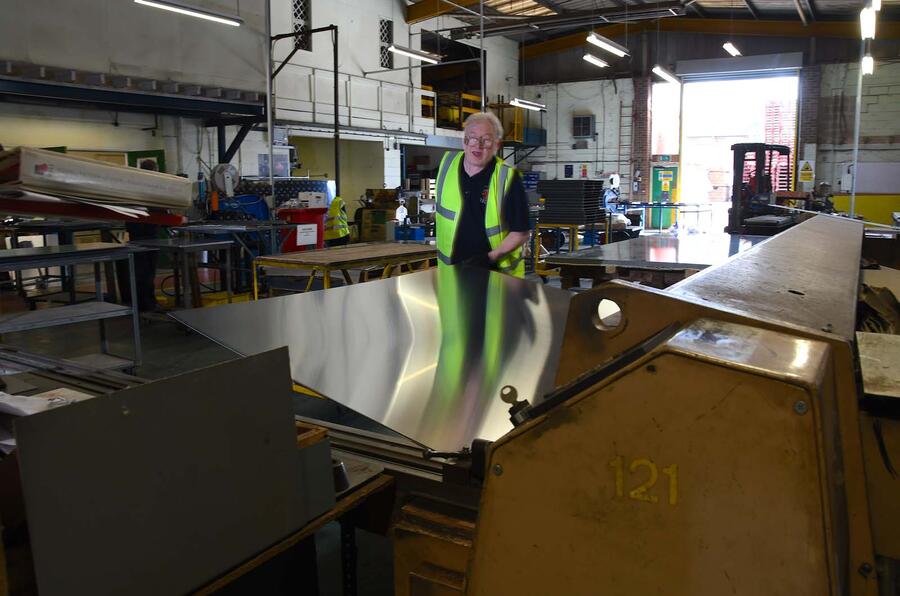

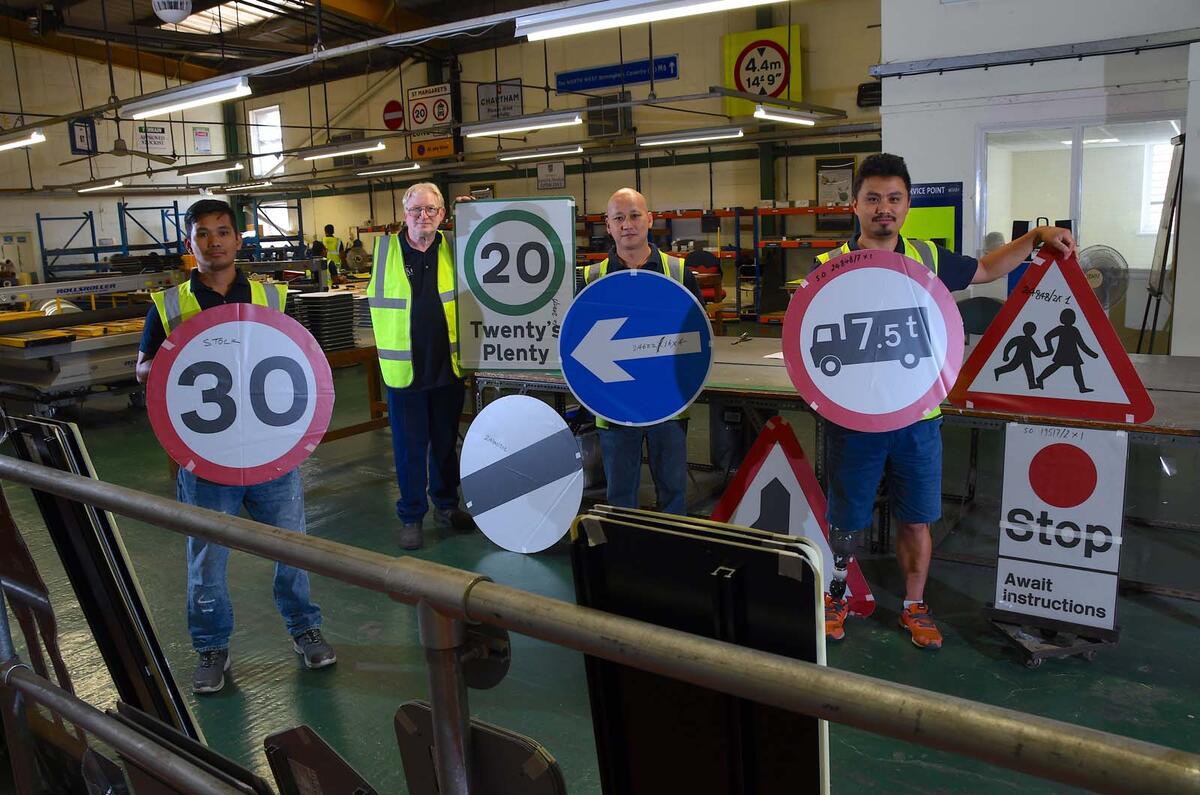
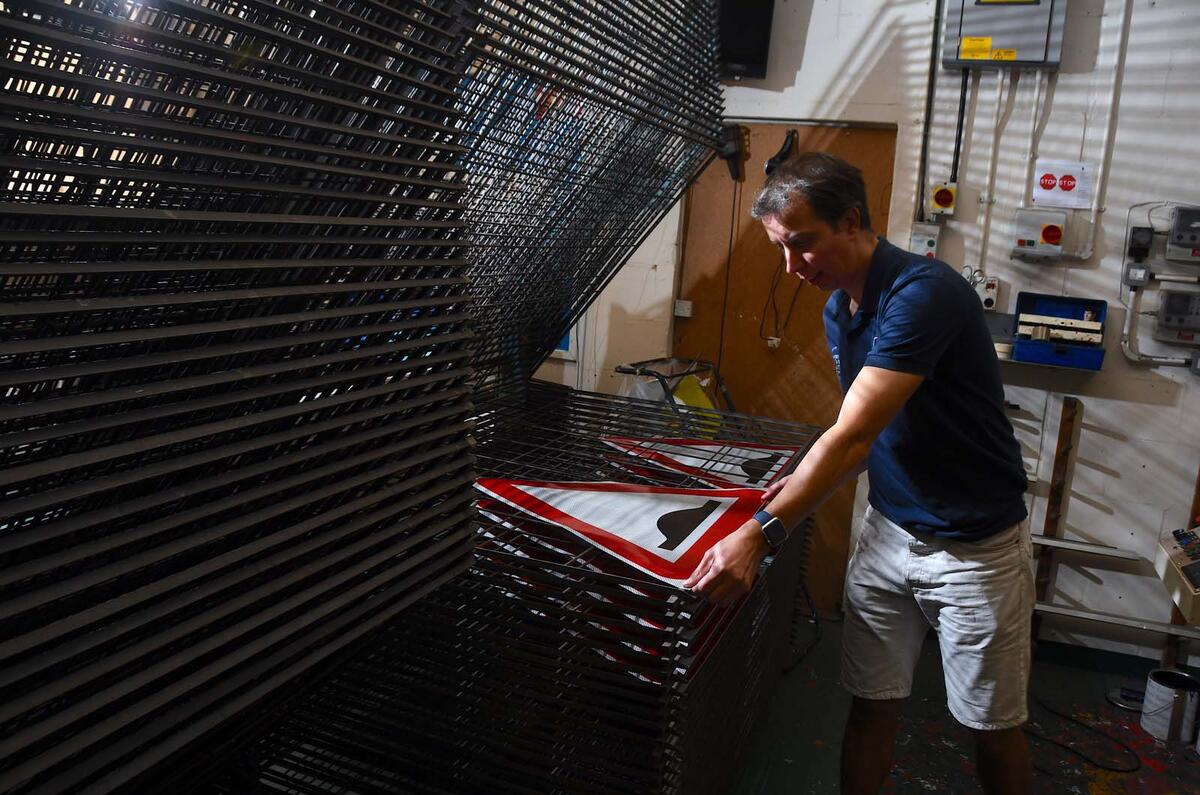
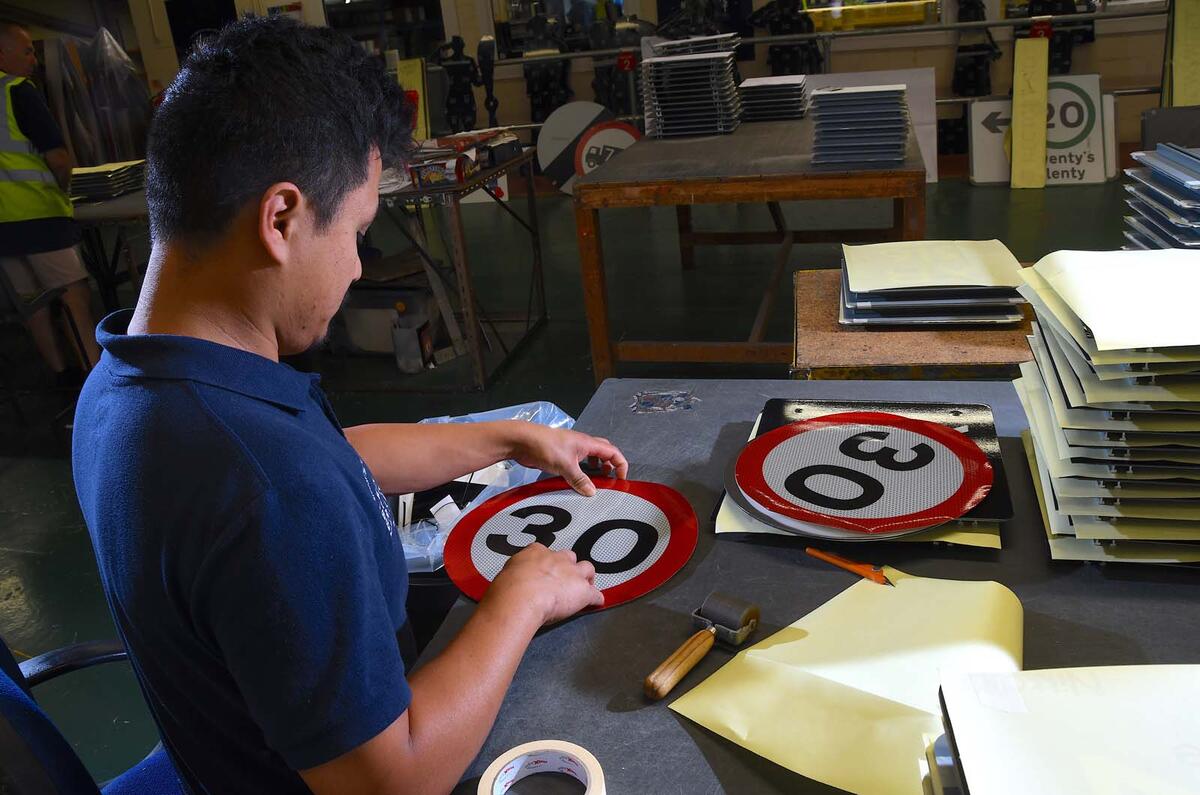
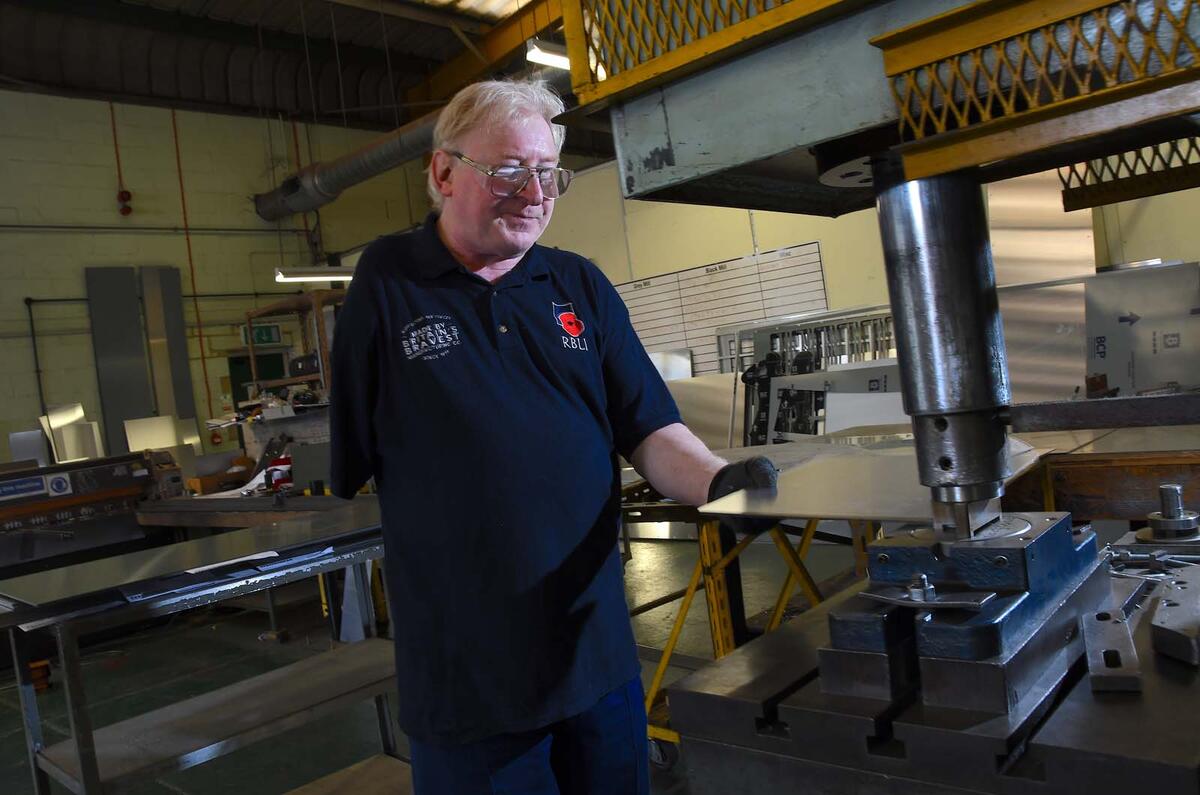
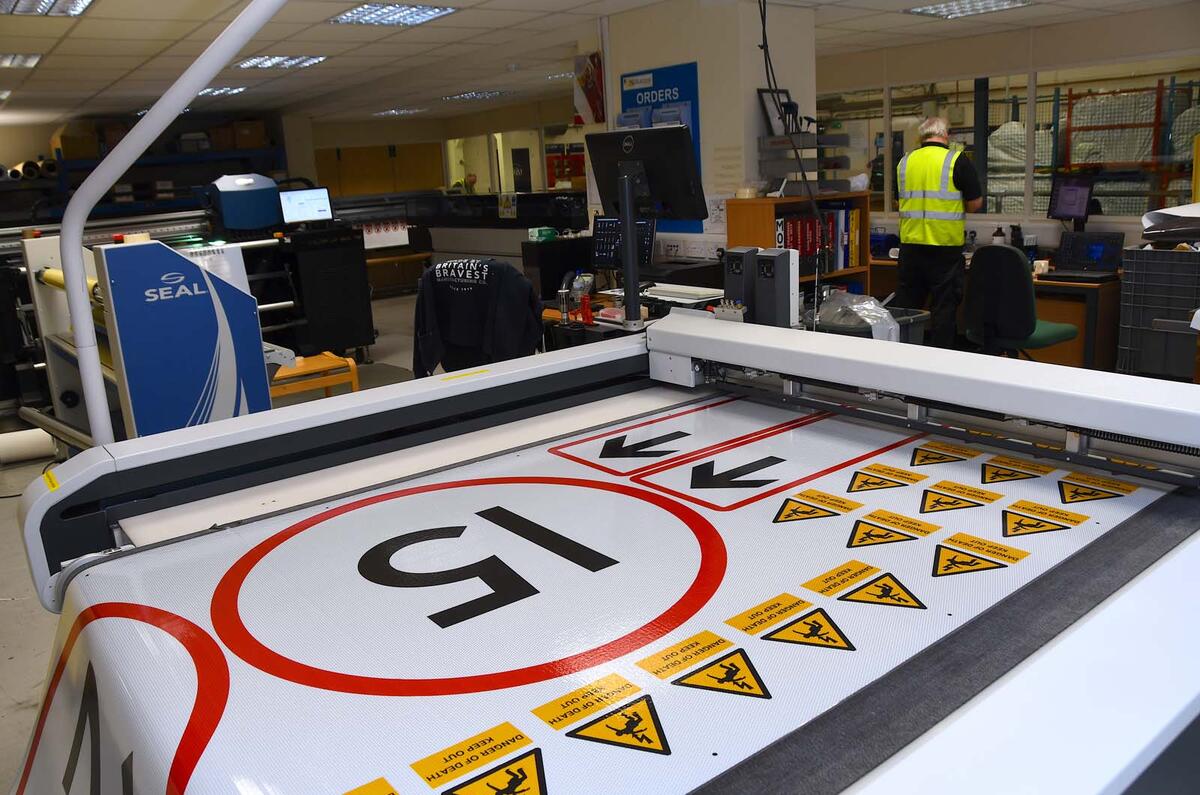
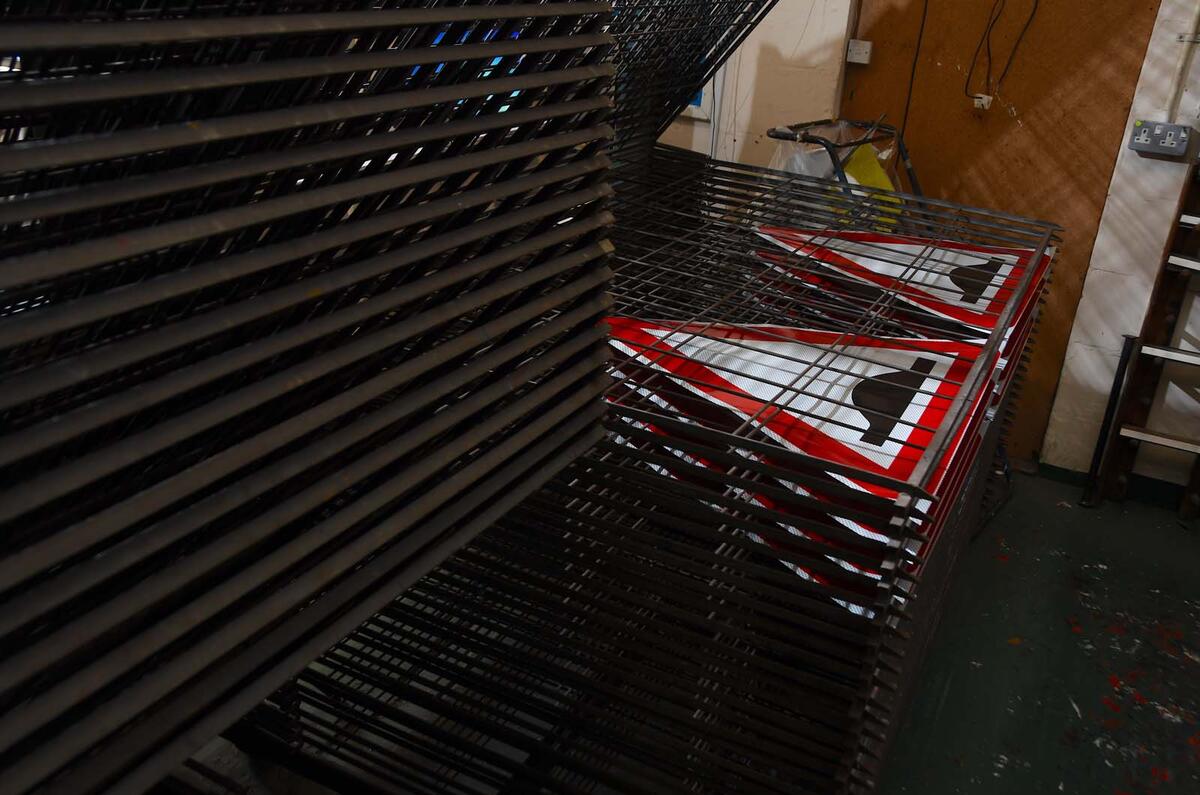
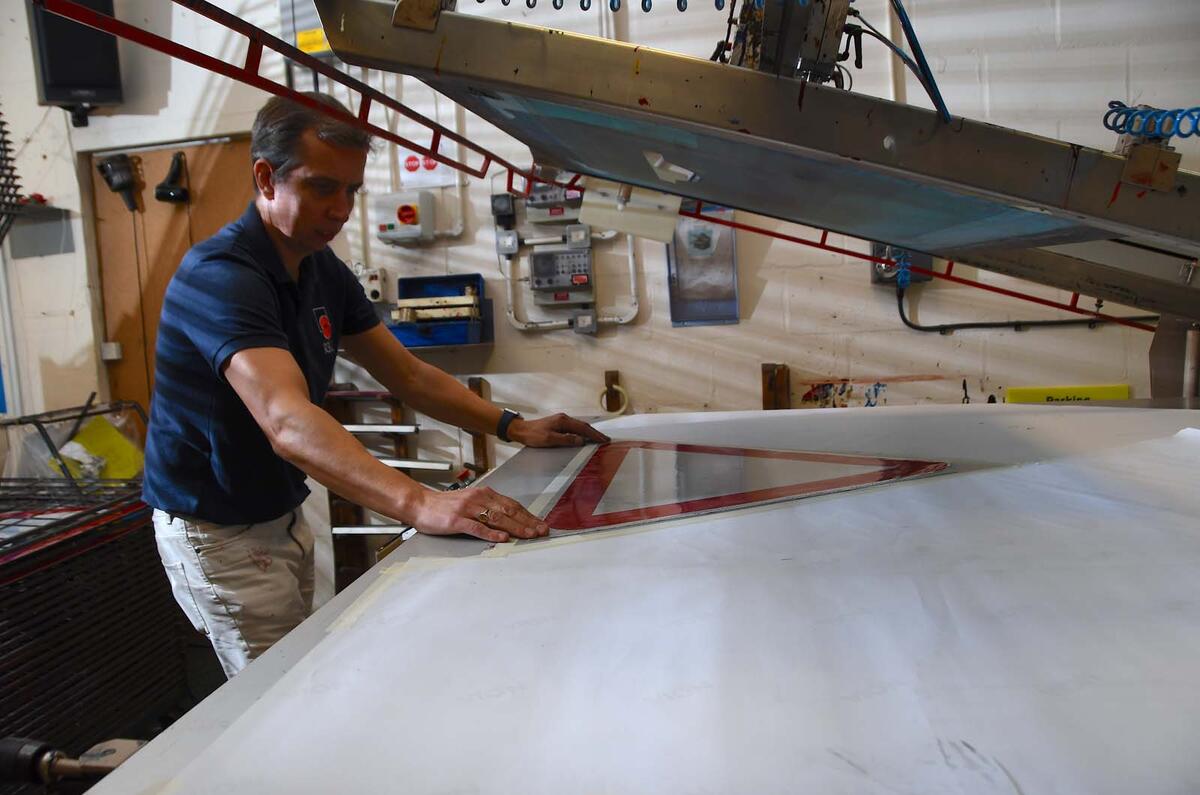
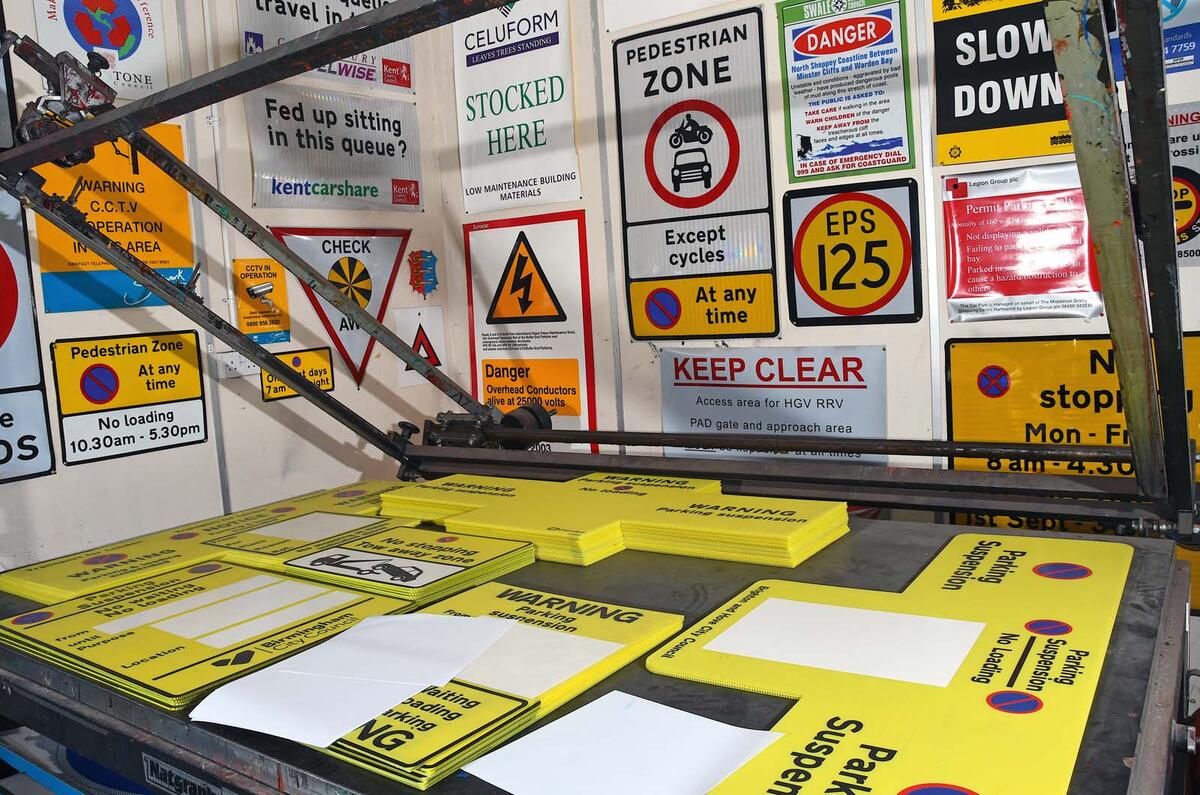
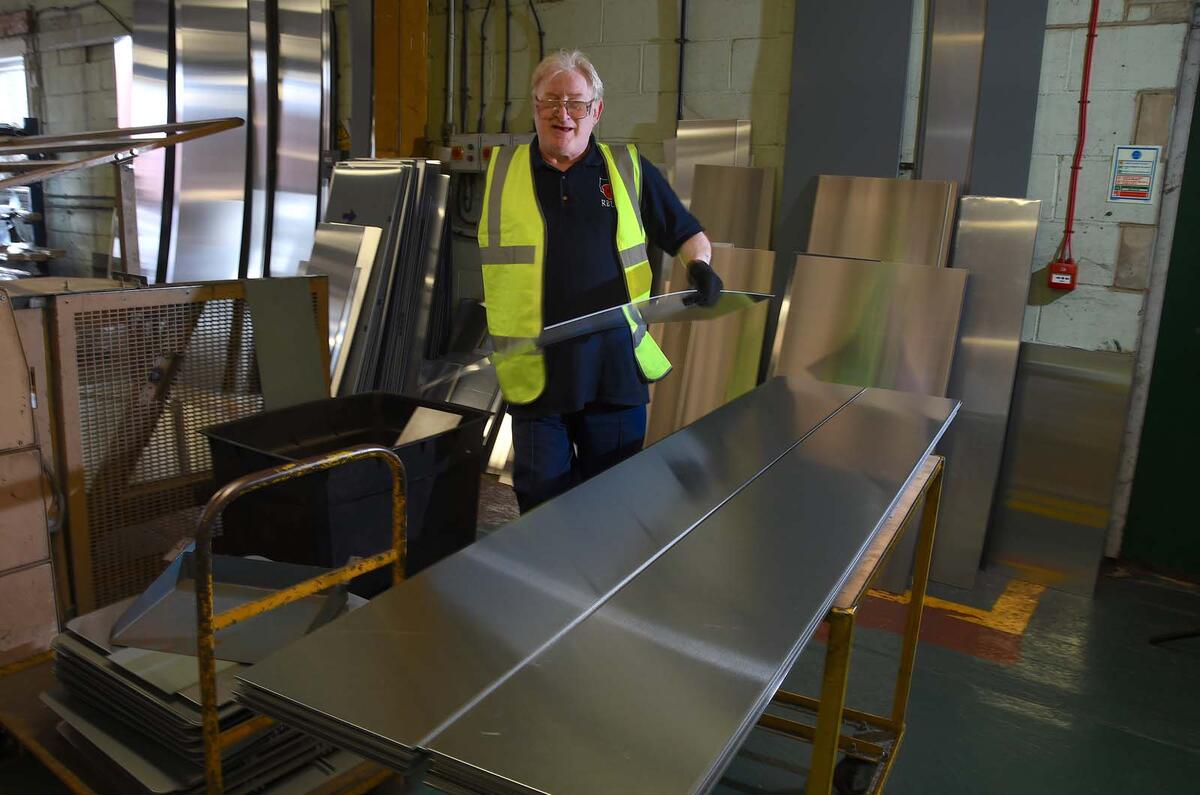
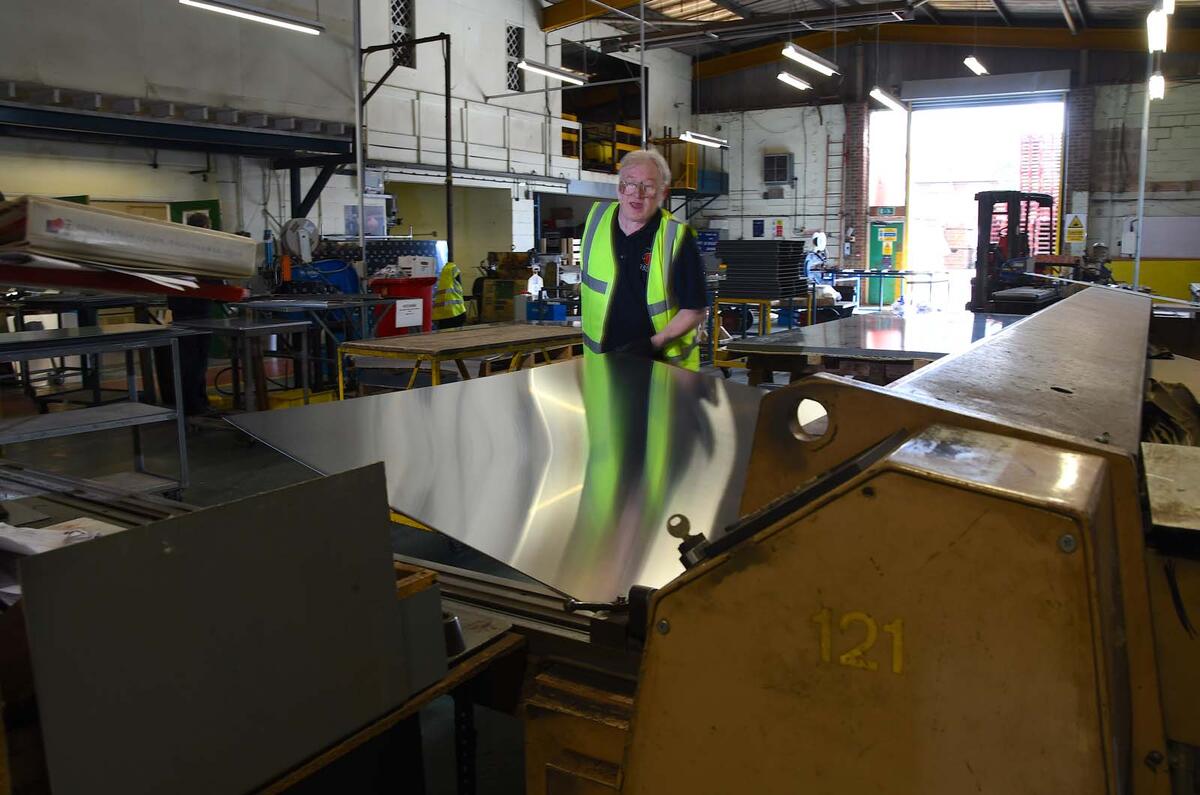
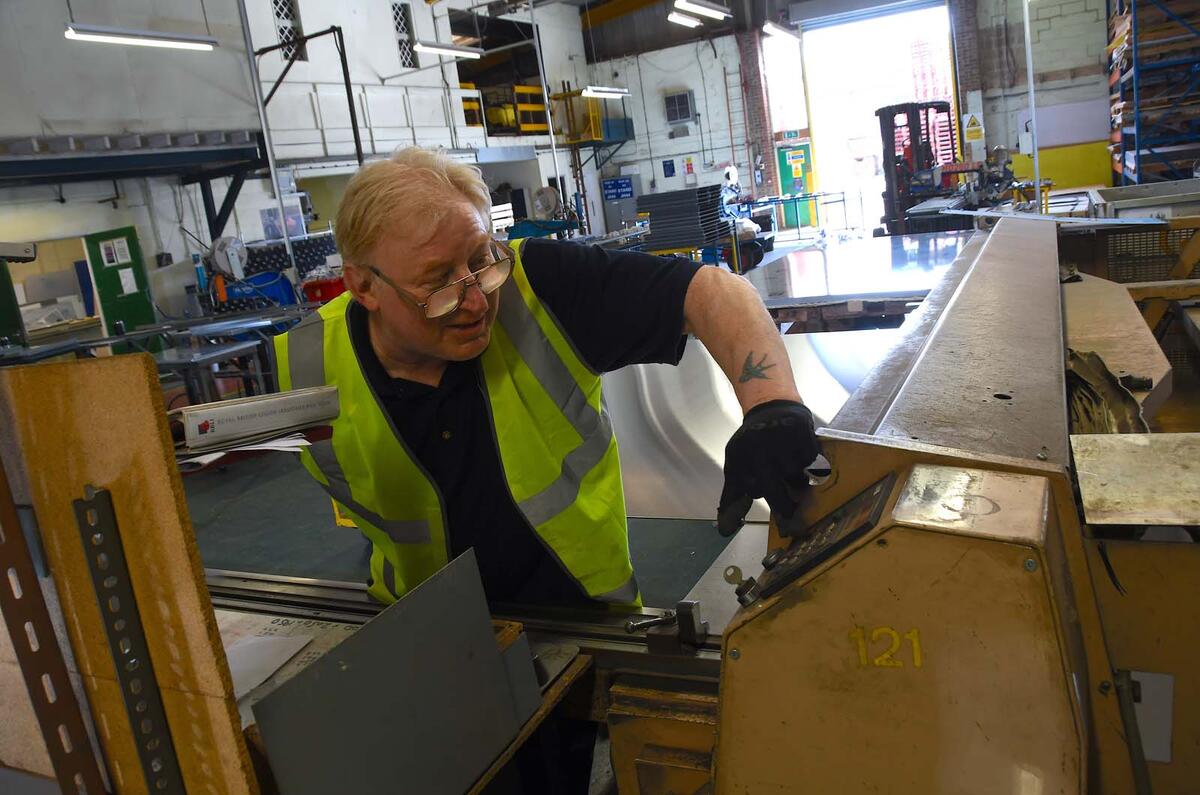
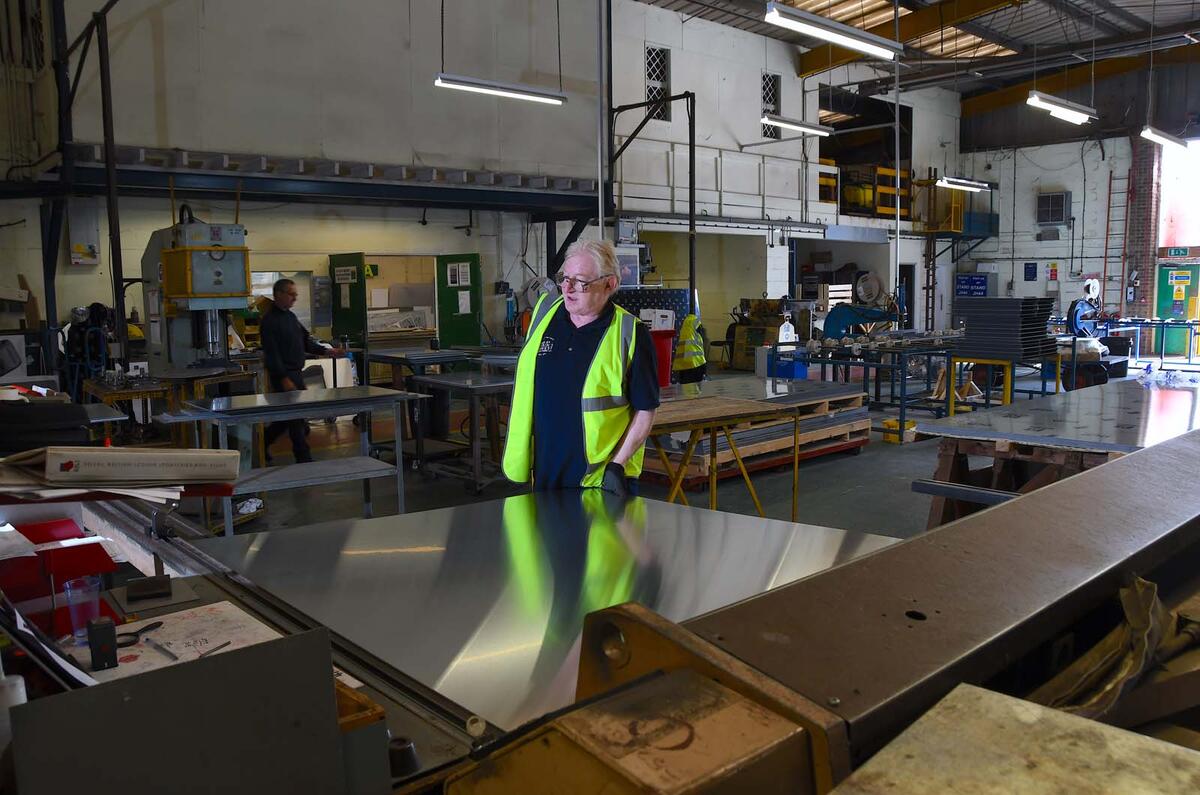
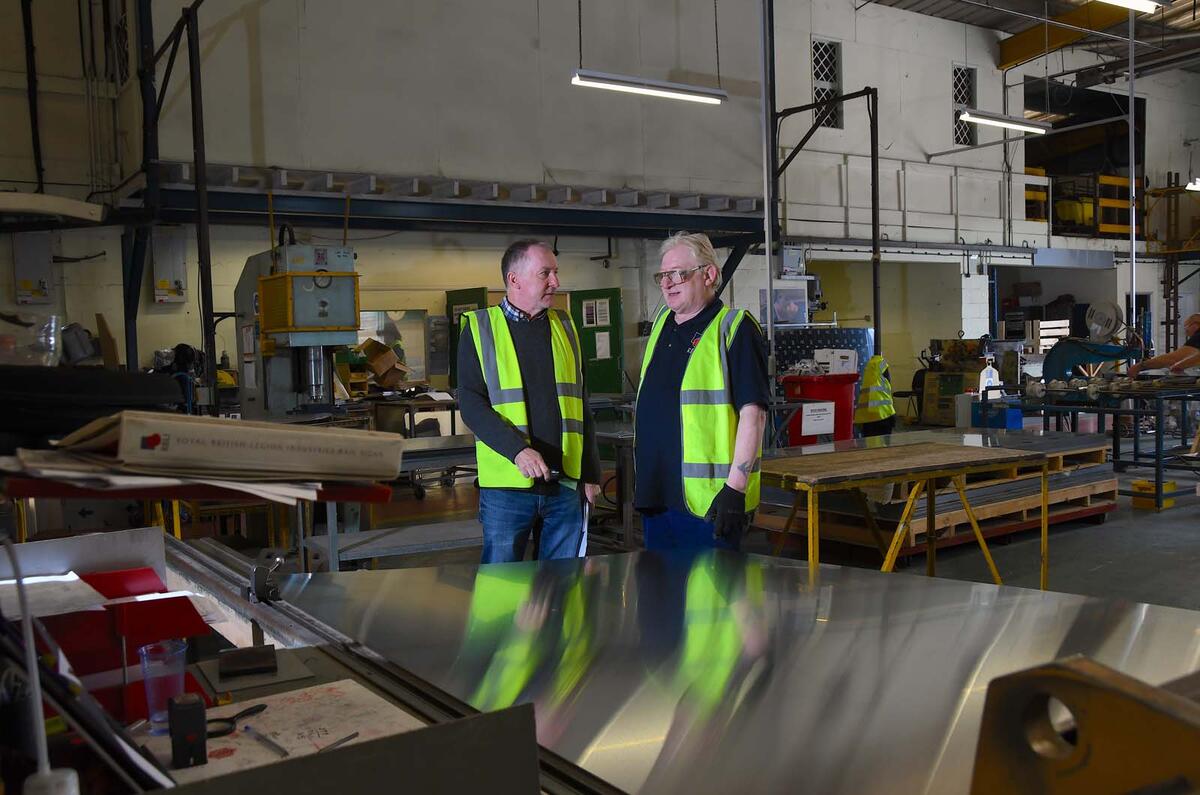
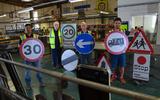
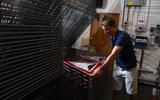
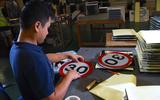
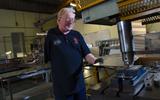
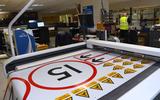
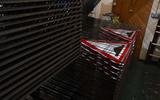
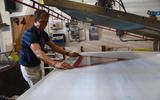
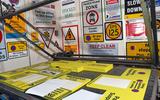
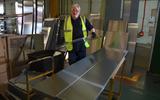
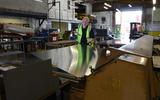
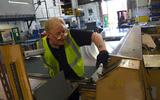
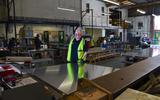
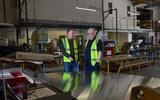

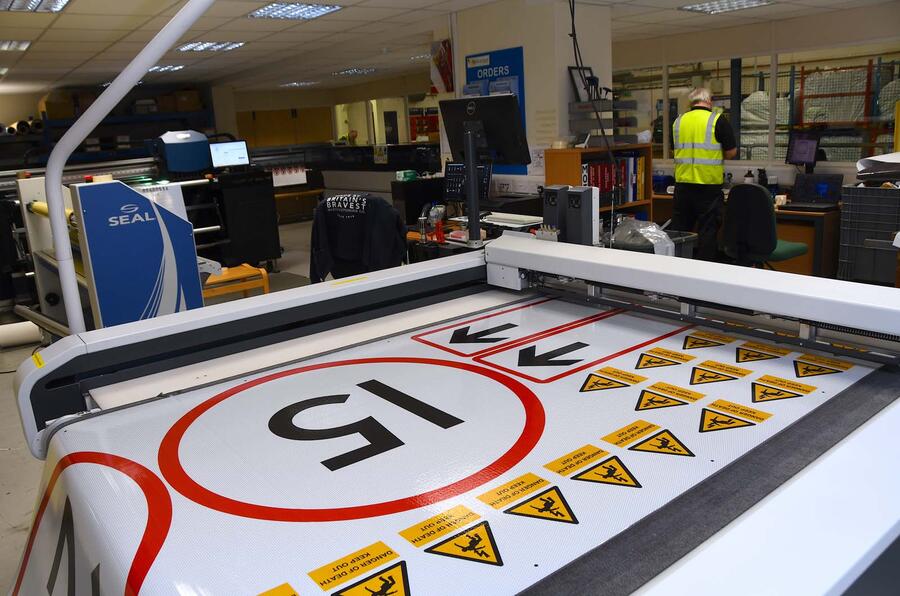
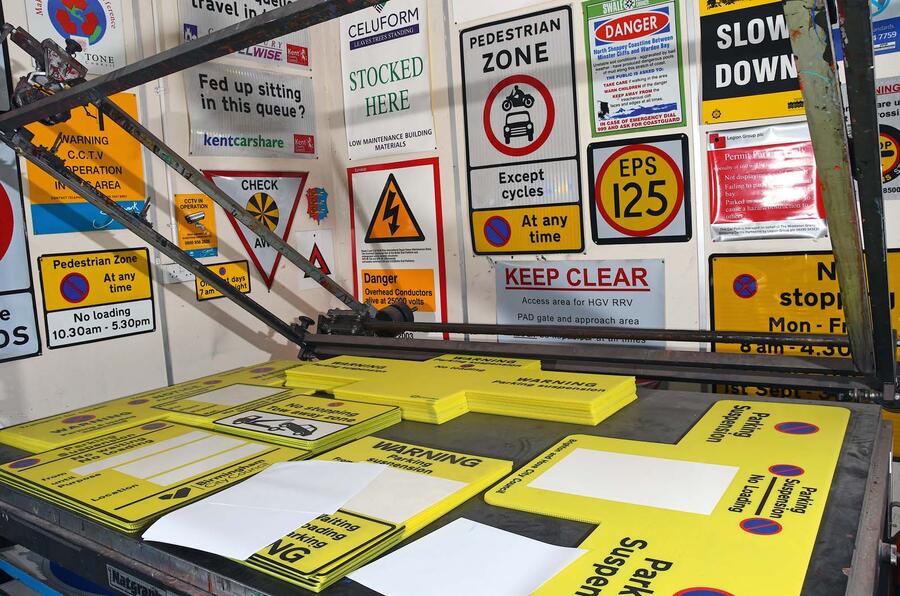
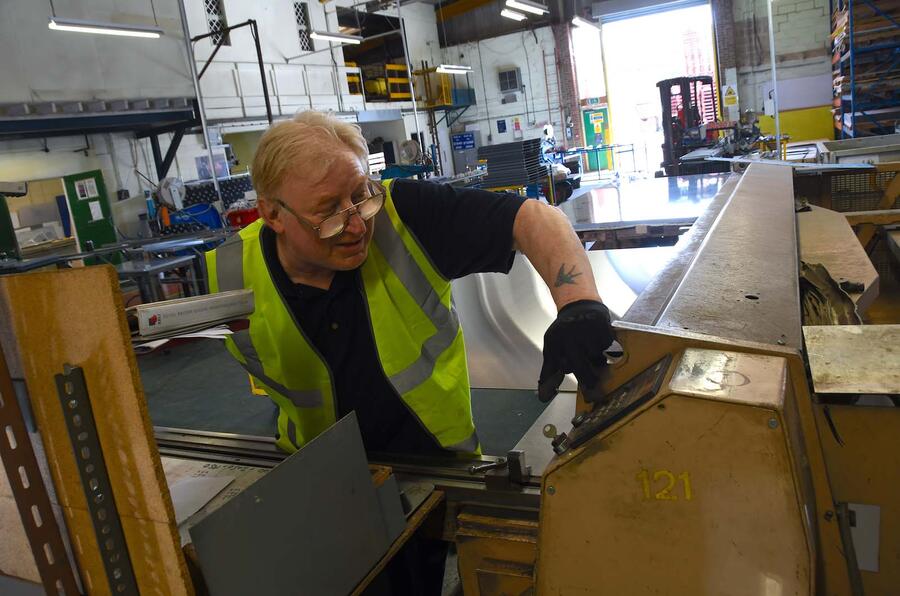
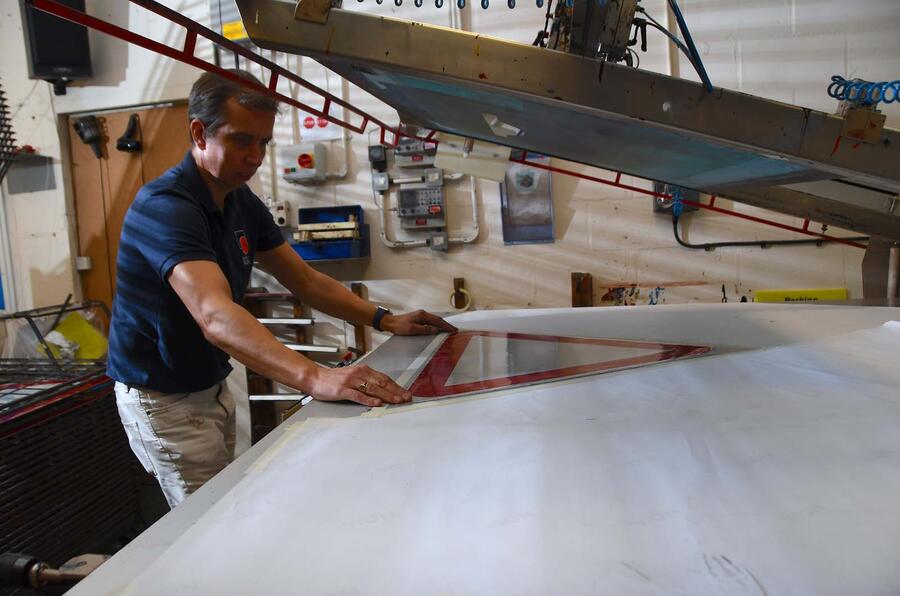
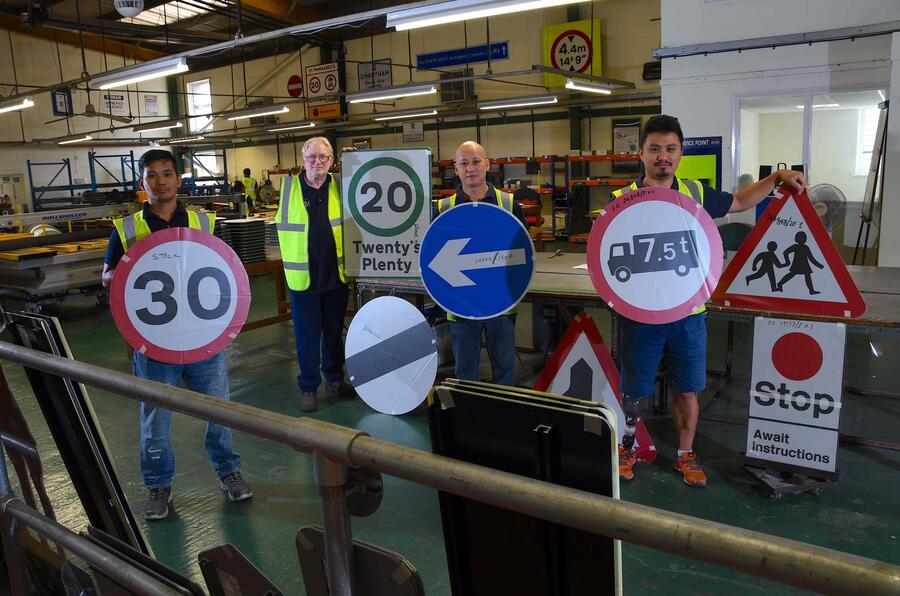


Join the debate
Add your comment
How would this system know
How would this system know that you are interested in parking or not? Do you tell it when you start your journey by voice recognition or typing something in? Or say something as you enter that place? All of these seem more of a hassle and a distraction to me than a driver thinking I am now in X and I need to see where I can park. Parking restriction signs are easy to ignore when you are not interested in them.
Way too many road signs
Sorry, but we have to stop this proliferation- they’re very distracting, ruin the street appearance and are largely ignored so they’re a waste of money. I suggest you put these folk to more valuable work.
A better idea is to have transmitters hidden in lamp posts that send messages to the screen in your car, which would appear only when relevant. For example, no need to see parking restrictions when you’re not planning to park. Better to call them up when you do.
Robbo
Signage is a lot more
Signage is a lot more reliable than transmitters.
Amazing.
I never knew. Huge respect for them.
Althoug, just one request? Could you leave the Gaelic off the Scottish road signs please? 99.5% of us don't speak it, and the few who do are off in the highlands and islands! They're having to invent Gaelic names for places where the Scots tongue was spoken instead! An insult to Rabbi Burns having signs around his birth place and museum in a language that was never spoken in the area.
@Symanski
Was it Yiddish?
Good question!
Around Ayrshire (where he was born) sometimes Rabbie is spelled Rabbi. But, yes, it does make him Jewish! You've got to remember that it's the Scots tongue which is fairly open to interpretation. Because it's considered "slang" our SNP government doesn't care for it. They like to pretend everybody in Scotland speaks Gaelic, or maybe they're trying to turn the country in to a Scottish themed holiday resort? They've watched Brigadoon and thought it was a documentary.
Actually, now looking at it I think most have settled now on Rabbie.